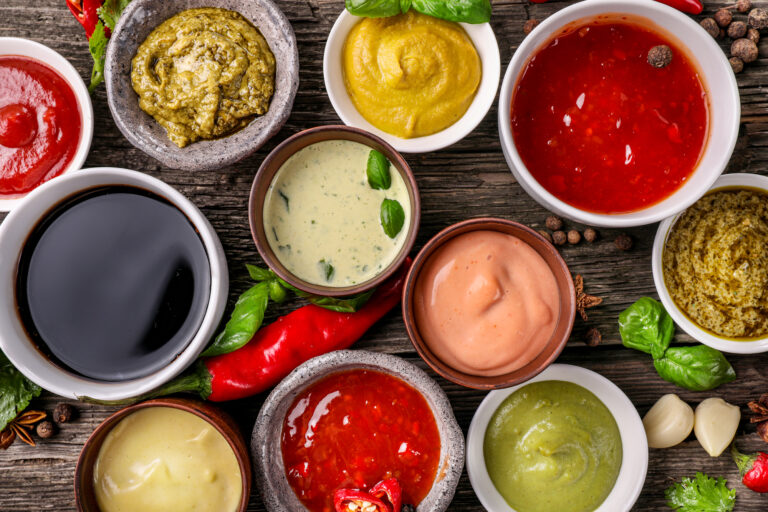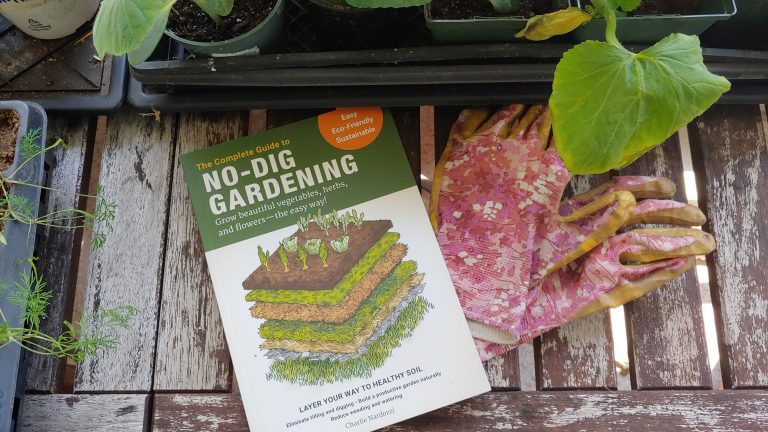This post may contain affiliate links.
As the cost of living continues to rise, managing grocery expenses has become a challenge for many households. Inflation has significantly increased the prices of groceries and everyday items, putting a strain on budgets.
However, there are practical steps you can take to manage these costs effectively. Implementing simple strategies can lead to significant savings over time, helping mitigate the impact of rising food prices.
Here are 12 effective strategies to help you reduce your grocery expenses.
Use a Small Basket

Choosing a smaller shopping basket can help you buy less. Larger carts can encourage filling them up with unnecessary items.
Buy Generic or Store Brands

Store brands often offer the same quality as name brands at a lower cost. Experiment with these to find which ones meet your standards.
Create a Grocery List

Making a detailed shopping list helps you stay focused, saves time, and prevents impulsive purchases. Whether you prefer a digital app or the traditional pen and paper, an organized list will help you shop efficiently and avoid buying duplicates of items you already own.
Take Inventory Before Shopping

Before you head to the store, check what you already have in your fridge and pantry. This prevents buying items you don’t need and helps reduce food waste.
Buy Whole Fruits and Vegetables
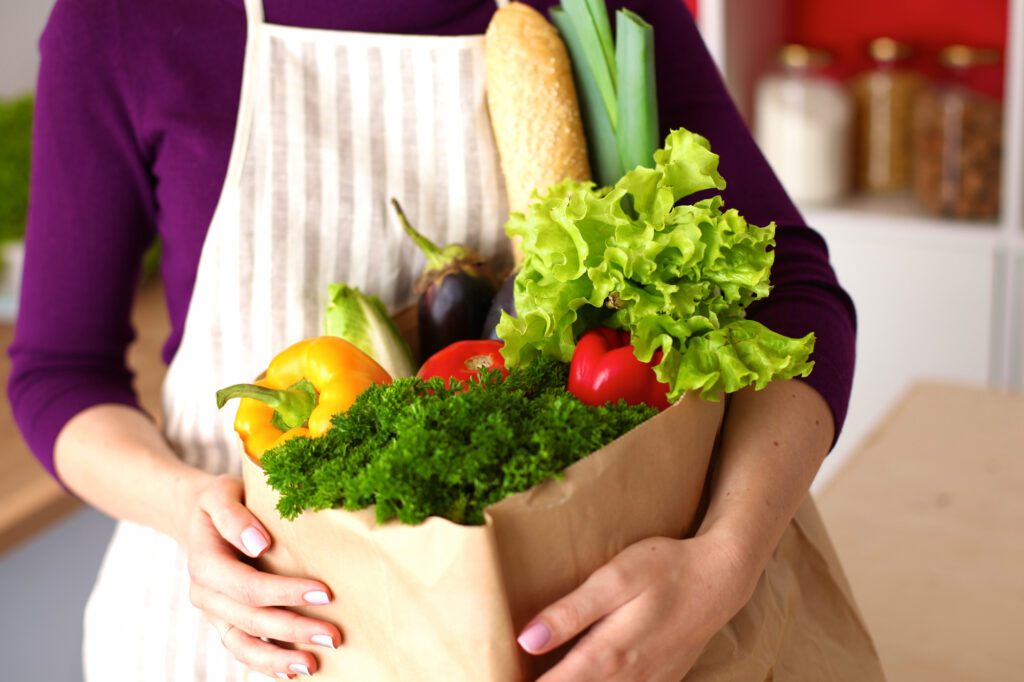
While pre-chopped vegetables and bagged salads are convenient, they’re also more expensive. To save money, opt for whole fruits and vegetables and prepare them at home. Alternatively, you can grow your own fruits and vegetables at home for even more savings.
Buy Produce in Season
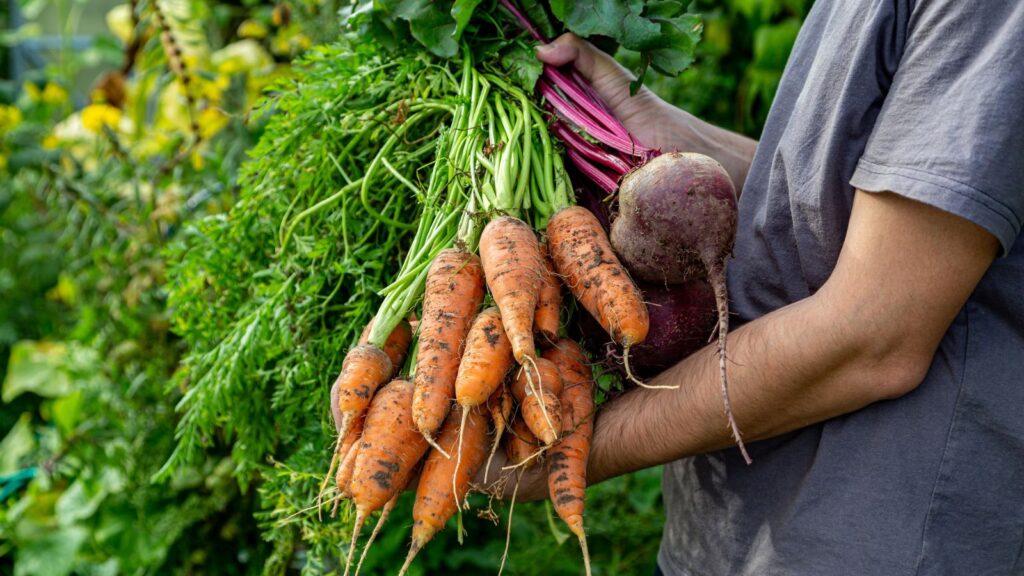
Seasonal produce is not only cheaper but also fresher and tastier. Familiarize yourself with the seasonal availability of fruits and vegetables to make cost-effective choices.
Don’t Shop While Hungry

Shopping on an empty stomach can lead to impulse buys. Eat a snack or meal before you go to the grocery store to keep your shopping list on track.
Plan Your Meals

Meal planning is a great way to ensure you buy only what you need. Plan your meals for the week and purchase only the required ingredients.
Check Unit Prices

Look at the unit price to compare costs between different sizes and brands. Sometimes, buying in bulk or choosing a different size can offer better value.
Buy in Bulk

Purchase items like rice, coffee, and cereal in bulk when they’re on sale. Storing them properly can lead to long-term savings.
Shop Alone

Shopping with others, especially children can increase the likelihood of impulsive purchases. Try to shop alone to stick to your grocery list.
Freeze Extra Items

If you buy in bulk, consider freezing what you can’t use right away.
22 Homestead Kitchen Must-Haves for a Self-Reliant Kitchen

Given the central role of the kitchen in our daily routines, it’s essential to have reliable tools that can withstand the demands of everyday use. These tools save us time and money by avoiding frequent replacements and spare us the inconvenience of sudden breakdowns.
22 Homestead Kitchen Must-Haves for a Self-Reliant Kitchen
14 Vegetables You Can Regrow with Kitchen Scraps
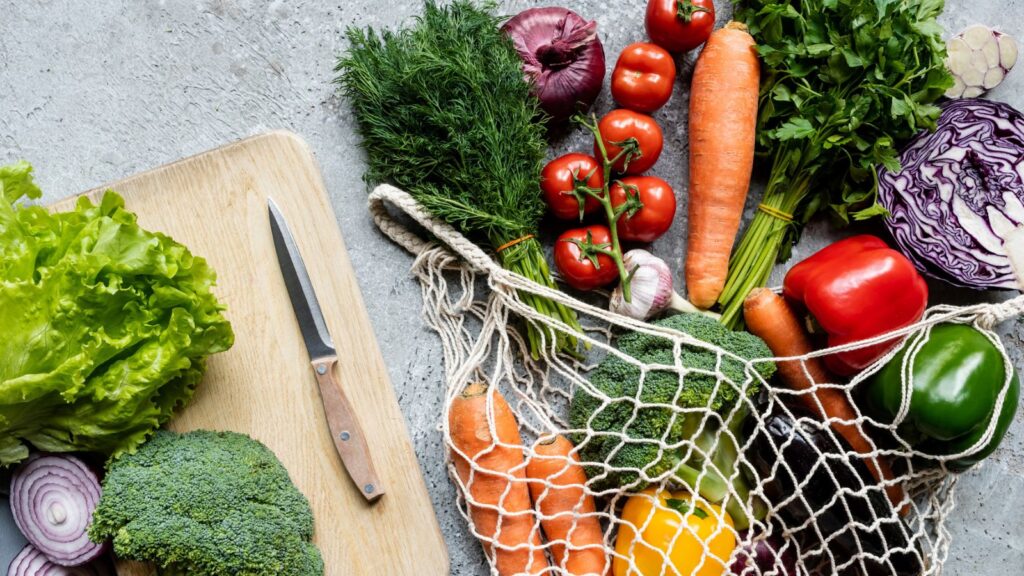
Many vegetables can sprout new roots or shoots under the right conditions, allowing you to regrow them from just the leftovers. Here’s a list of vegetables perfect for regrowing from scraps.
